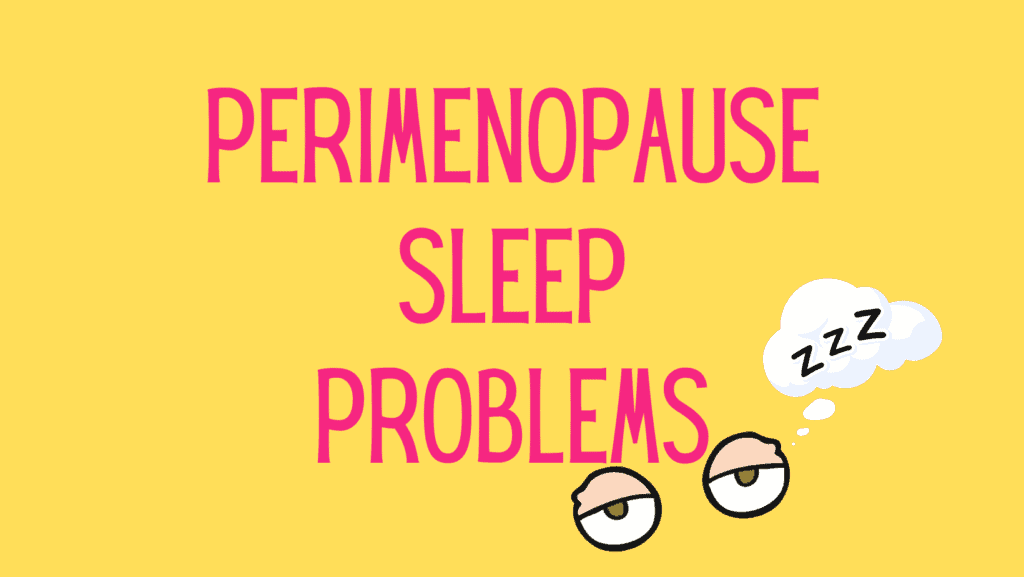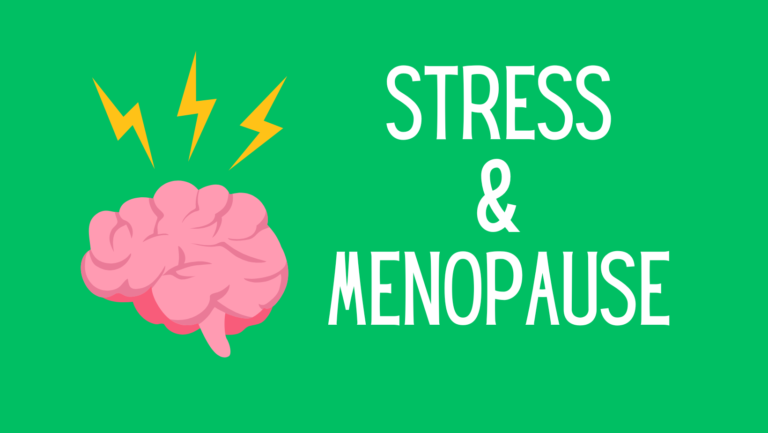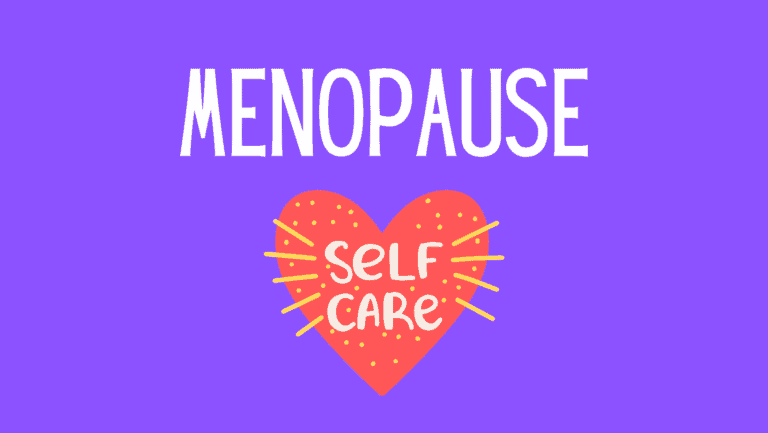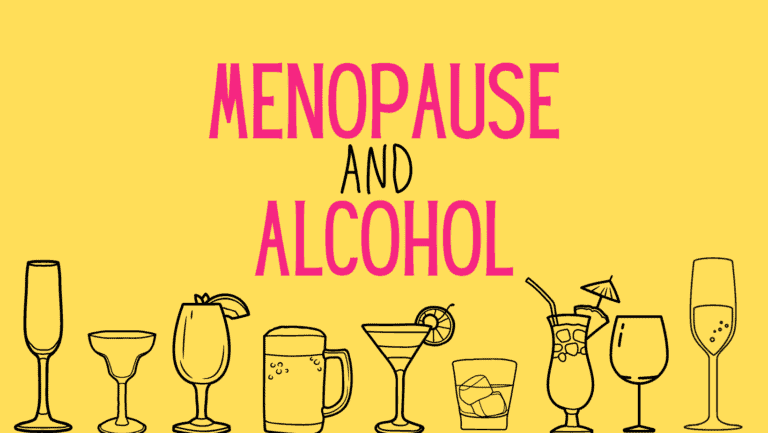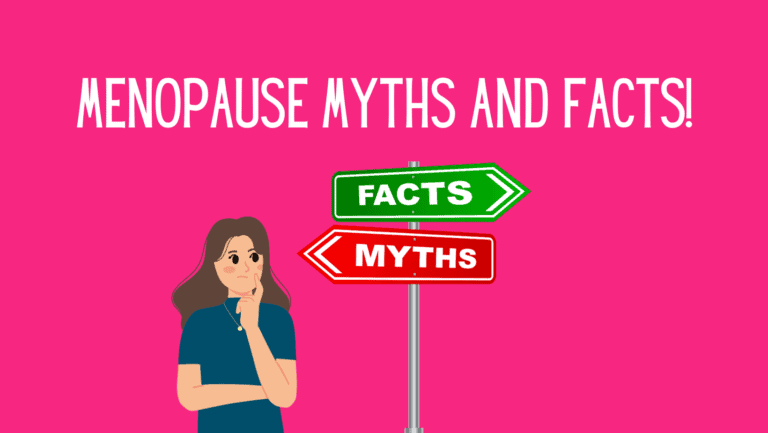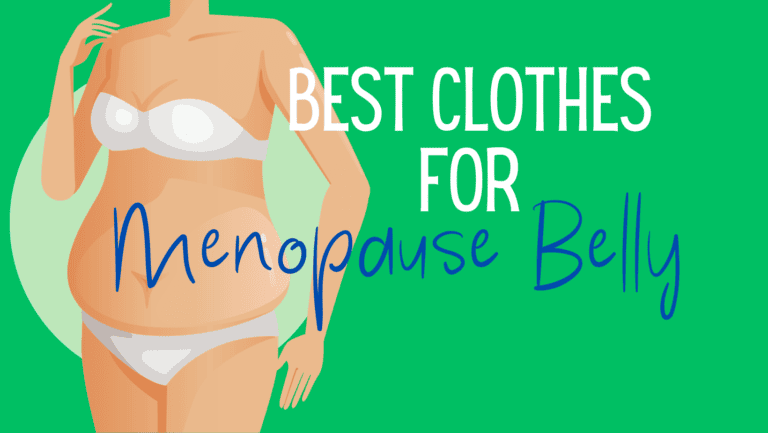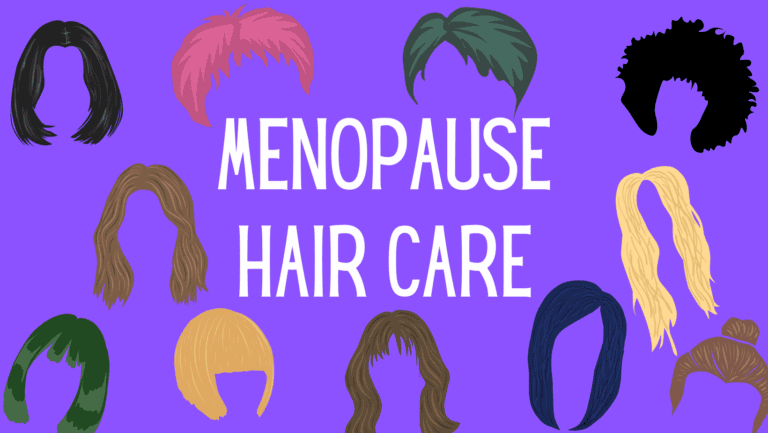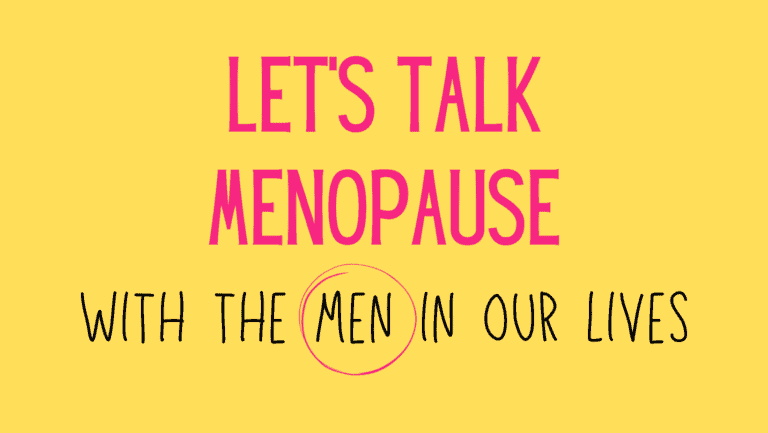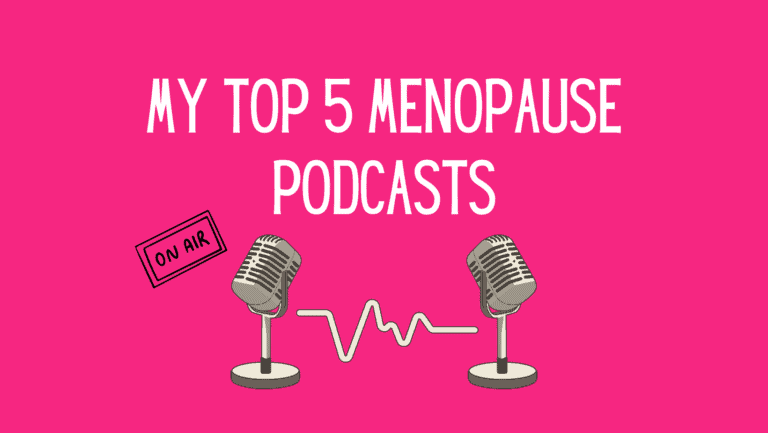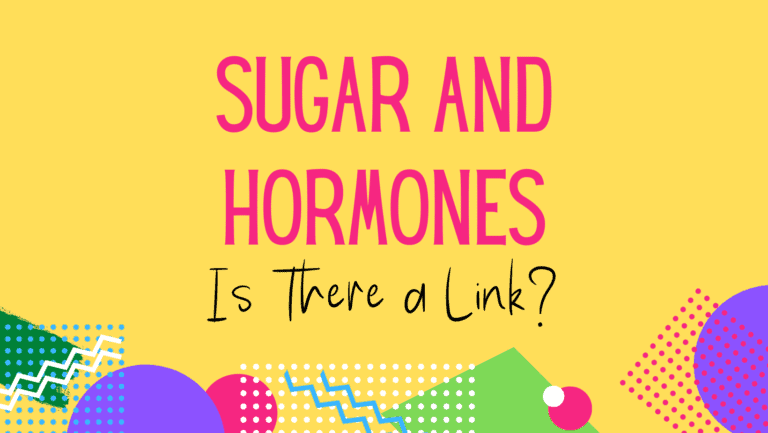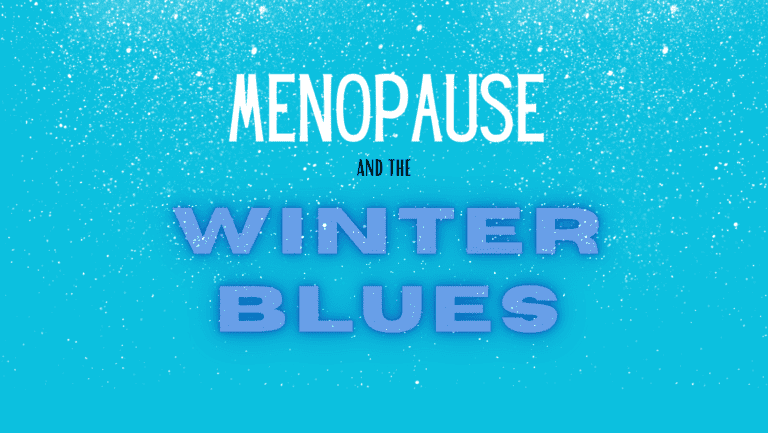Let me guess, if you have landed on this page then you are suffering with the joys of Perimenopause sleep problems.
Can’t sleep for love nor money, then fall asleep but it’s crap sleep, wake up in the night and your legs hurt, night sweats are soaking you through and you feel exhausted!
This is common for a lot of us perimenopausal women in fact 40-60% of women in perimenopause and menopause experience sleep problems.
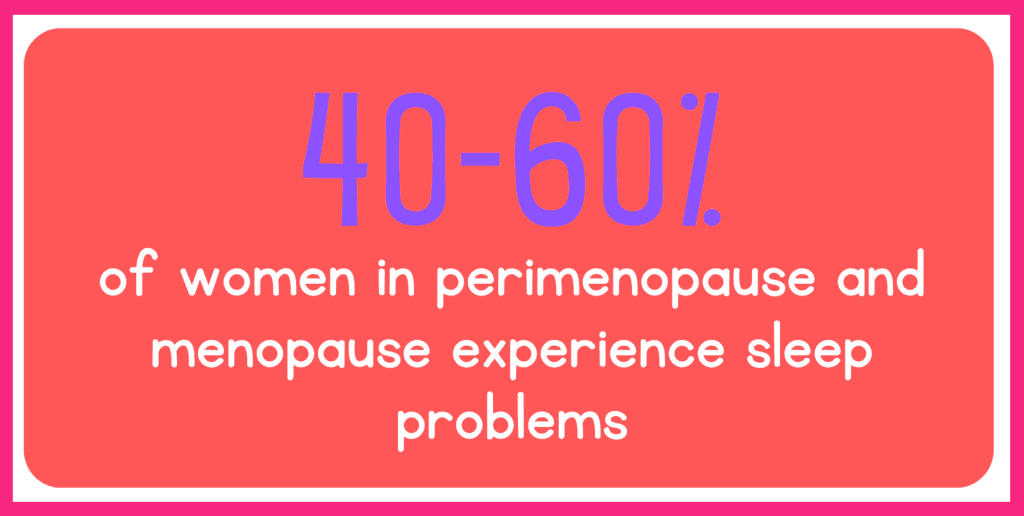
We can thank our declining hormones for these sleep issues. The decline of estrogen, progesterone and testosterone creates a perfect storm for us struggling with sleep.
What Other Symptoms Of Perimenopause Are Keeping Me Awake?
There are many perimenopause symptoms, and quite a few of them will not help with sleep. Here are some of the key troublemakers:
Anxiety
My good old friend that keeps me up at night, usually worrying about absolutely everything. 69% of women have noted anxiety and depression as the main menopausal symptoms, so we need to look into to help ourselves with this one.
Night Sweats
I have been really lucky with night sweats but when they do come, they are the worst. Soaking in a wet bed, wanting to rip my skin off and sleeping does not have a fighting chance.
Sore Joints
Laying in bed with your hip throbbing and your shoulder screaming and trying to breathe through it to get to sleep is no joke. Joint pain was my biggest killer of sleep. The pain was so bad I thought it was arthritis.
Breast Soreness
Ah the good old burning boob. Sore breasts are really common during perimenopause but I was not quite ready for how sore they would be and my left one kept me up many a night.
These are just a snapshot of what can keep us up at night during this phase of our lives. If you want to take a look at some of the many symptoms, check out my blog post on perimenopause symptoms.
Natural Remedies For Sleep Problems During Perimenopause
Each woman will be affected differently by this stage in their life, some will breeze through the menopause and some will have every symptom going.
Luckily there are a few things we can do to help ourselves with perimenopause sleep problems.
Look At Diet:
There have to be things we can do to improve our diet, surely eating crap food is going to lead to crap sleep.
- Healthy, balanced diet – I have been doing a lot of work on monitoring my glucose levels lately because I know that helps with my sleep. There is so much science around this and I strongly recommend doing some to see if it can help. I have been following the Glucose Goddess and her book has been a game changer. Check out her YouTube channel, It’s so helpful!
- Booze – Now we all love a tipple but using it to help relax and fall off to sleep is a fool trick. There is so much sugar in alcohol that you will never get a good night’s sleep.
- Coffee – I love coffee but I know it does not love my sleep, so keep coffee as a morning thing, it doesn’t need to be an afternoon booster if you are eating the right food during the day.
- Time your dinner – I don’t mean set a stop clock and see how fast you can eat your salmon and couscous. I mean don’t eat too late at night, time it so that you have at least 3-4 hours left after dinner before heading to bed.
Look at Lifestyle Changes
This should not be a massive overhaul, if you are perimenopausal, chances are you already feel broken and exhausted, so changing up your lifestyle can be daunting.
These are just small, easy steps to help with sleep.
- Morning sunlight – yep, simply step outside your back door when you get up and get some sun on your chops. I appreciate this is tough in winter but in the summer months, this can do wonders for our circadian clock and regulate sleep.
- Bedtime routine – the mummas reading this will understand the importance of a strong bedtime routine for kids and this still applies to us grown-ups. Phones off for an hour before shut-eye, relaxing routine and staying hydrated.
- Really go lights out – make sure your room is as dark as you can get it when you are settling to sleep. Our brains see this as a signal to get into a rest stage and it can make a big difference. I use a Lumie light to help me drift from light to dark and it has been a game changer for me.
- Relaxation techniques – Menopause is said to increase nighttime cortisol which is our stress hormone so try to combat it with meditation, a relaxing bath, a good book, or anything that can help you to calm your stress levels (not booze)
- Avoid day naps – as delicious as they are sometimes they can mess with our night sleep. Exhaustion is one of my symptoms and the temptation to nap is real, but try not to. You need your 8 hours on a night way more.
- Exercise – yep you knew this was coming. I don’t mean taking up the hurdles but we do need to get our bodies moving, be that a walk, taking the stairs, giving the house or car a good clean.
These are some of the things you can try to help you get some quality rest but we know how different we are, Some will work, some won’t, but ladies our sleep is really going to help us to get through this stage, so we gotta try right?
Natural Supplements To Help With Sleep During Menopause
Diet is always the best way to increase our general health but after researching sleep and how to help ourselves, supplements are always mentioned so I have rounded up a few of the good ones for you.
- Magnesium – It is reported that even slightly low magnesium levels in our body can affect our sleep so if you are struggling, maybe your diet hasn’t been fab then these are definitely worth a go.
- Valerian – This root has been long established as a sleep aid and it is said that it helps to calm the stress levels in our body which we know is keeping menopausal women up at night.
- Lavender – my old favourite is a daily smell in my home, I love how it seems to calm my racing mind at bedtime and it is a firm favourite in my kid’s room too. If you are a fan of essential oil this should be on your list of smells to add.
- German Chamomile – there are not a tonne of studies around this one but it has been used for sleep since ancient Egyptian times. Some small studies have said that it has been successful in soothing anxiety.
- 5HTP – I used this when I had post-natal depression with my second son and it really did wonders for me. One of its side effects is improved sleep. There is loads of research out there on this so do some digging and check if it is for you.
Closing Thoughts
If you do any research of your own you will see that there are so many herbal remedies out there for sleep aids but personally, a good routine, proper self-care, meditation and lavender have been the only sleep aids that have worked for me.
Like I said everyone is different and we will all need to find what works for us, but PLEASE try and find something that you are happy with. Sleep is crucial in combatting the many other symptoms of menopause so it is really worth the time and effort.
Kathryn x
Disclosure: Some of the links in this article may be affiliate links, meaning I get commission if you decide to purchase through one of those links, at no cost to you. Please read my Privacy Policy for more info.
Table of Contents
Disclaimer: I am not a medical professional, herbal or physical therapist, and I am not educated in the menopause space. All opinions expressed on this blog are my own and should not be taken as medical advice. This blog is intended to share my personal experiences and insights, and should not be used as a substitute for professional advice. Please consult a qualified medical professional, herbal or physical therapist for any health-related concerns. Additionally, I strive to keep things light and entertaining, but please keep in mind that the topics discussed on this blog may be sensitive or triggering for some readers.
